What is neurodiversity?
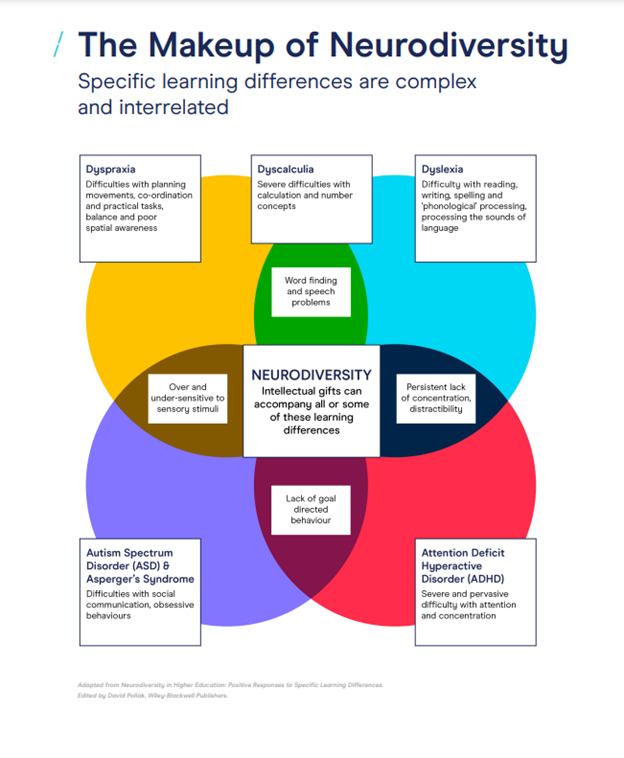
Neurodevelopmental conditions fall on a spectrum and can co-exist, meaning people may have more than one condition. Each person also has their own individual pattern of strengths and
weaknesses, so it is imperative that we take a person-centred approach and tailor support to the individual.
The Equality Act 2010 makes it a
legal requirement for employers to make ‘reasonable adjustments’ for people with
disabilities. The legal framework provides protection for neurodivergent individuals.
Harnessing talent
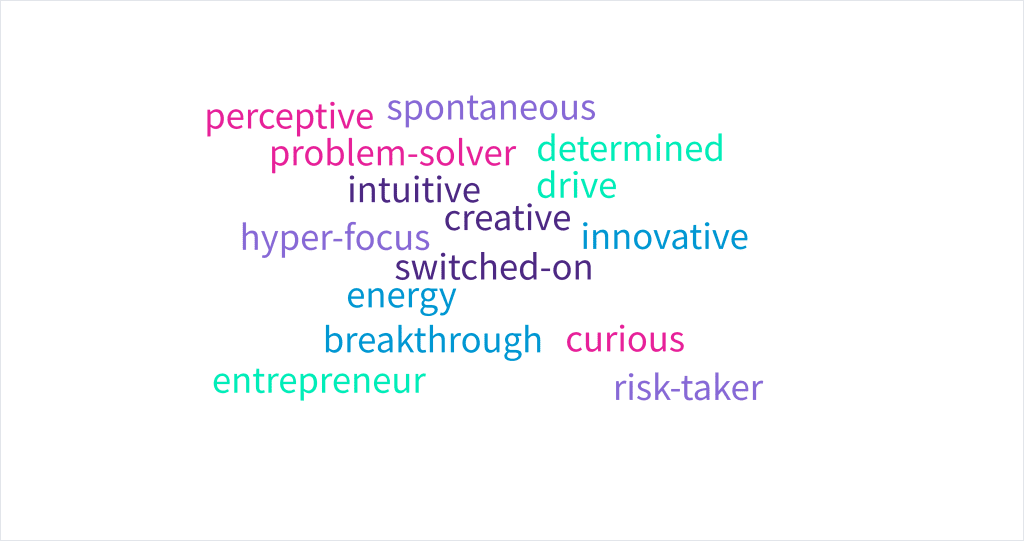
The word cloud above highlights just some of the qualities that neurodiverse and neurodivergent individuals may possess and indeed some of the pioneers of business, science, mathematics, art, music and sport throughout time have had such conditions.
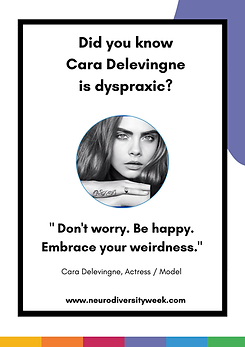
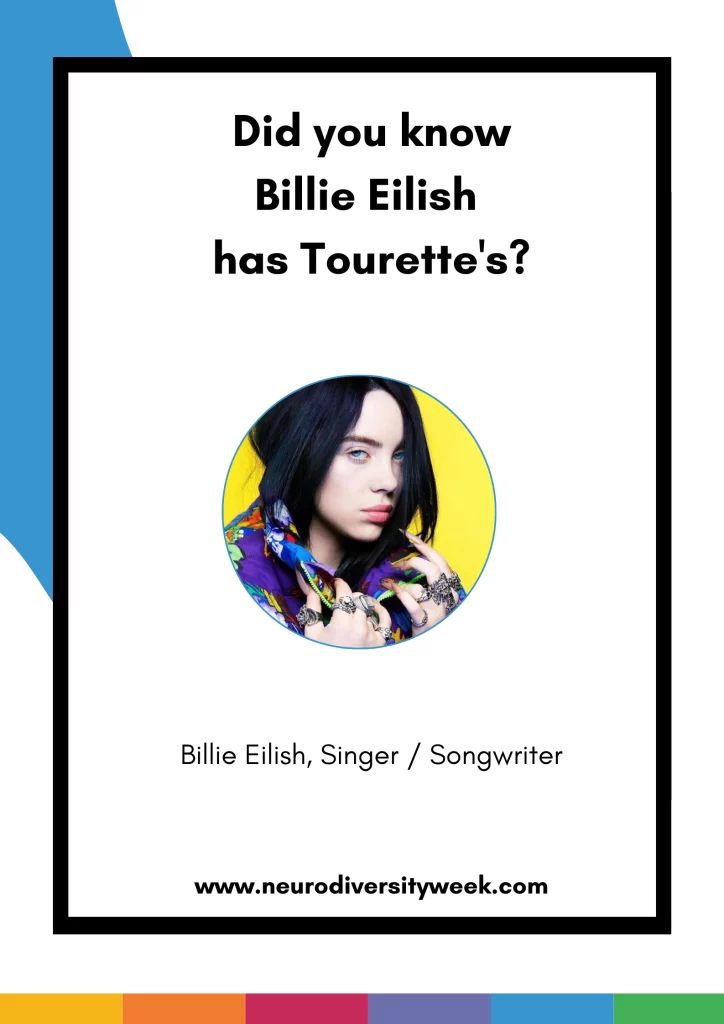
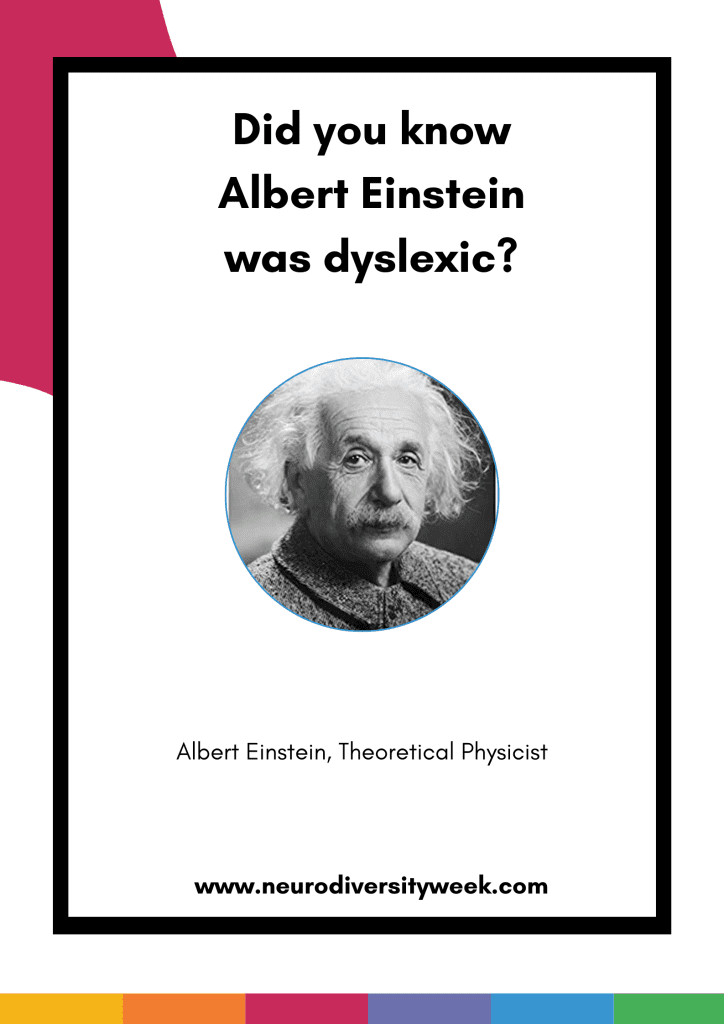
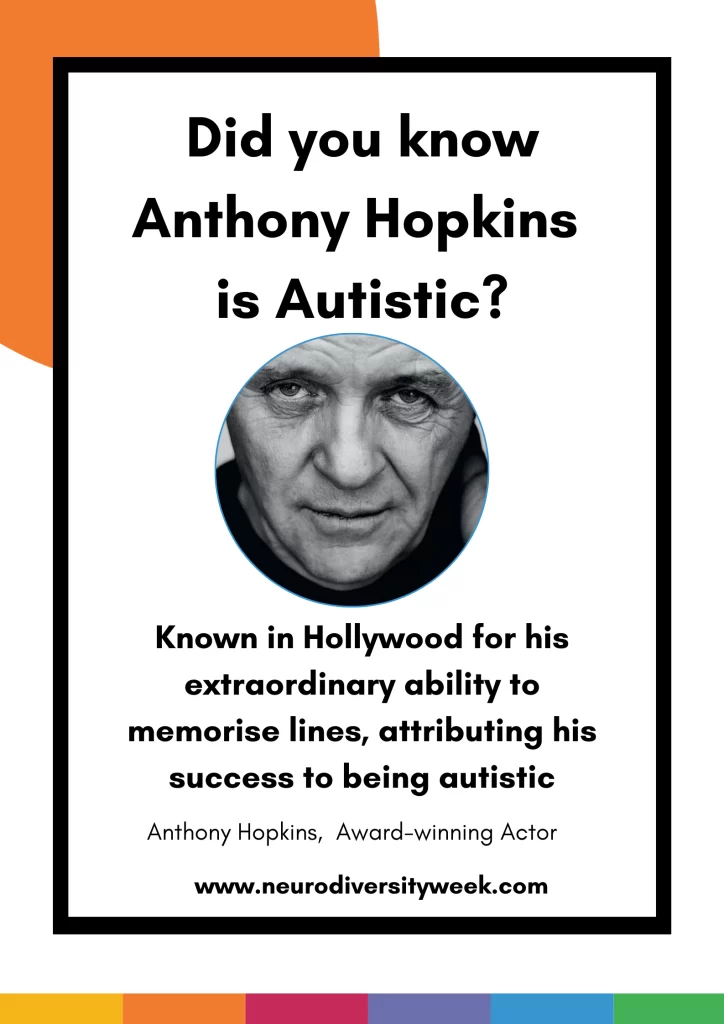
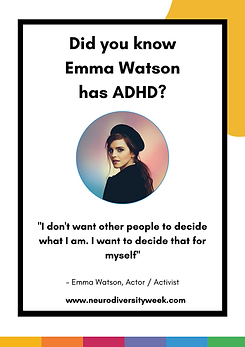
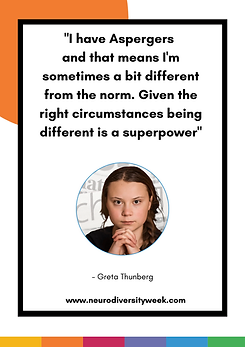
By knowing how to best support and celebrate neurodiversity, we can create a more diverse, higher- skilled workforce.
Using tech to help
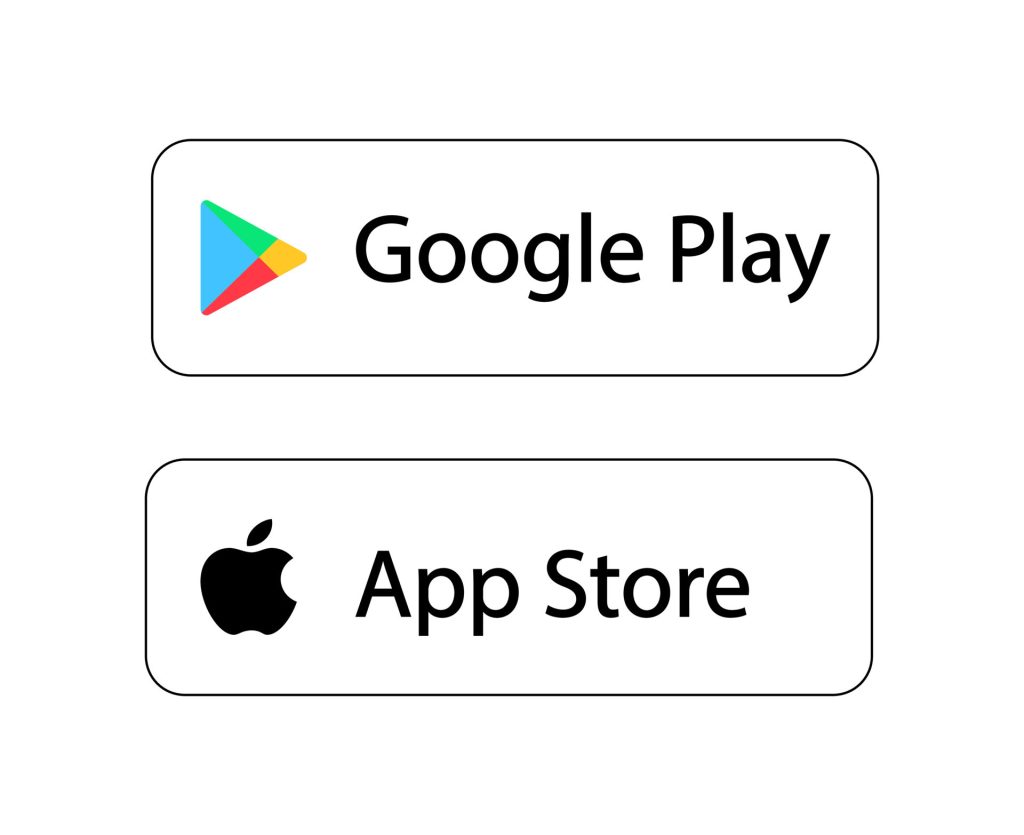
Time Management Apps: Such as Trello, or Todoist with their reminders and schedulers, could assist anyone who may struggle with task prioritisation. They can help break down large tasks into smaller, manageable chunks, reducing anxiety and improving productivity.
Noise-Cancelling Headphones: Where sensory processing is a challenge, noise-cancelling headphones help to reduce background noise and distractions, enabling better concentration.
Text-to-Speech and Speech-to-Text Technologies: For anyone with dyslexia, reading and writing can be challenging. Text-to-speech and speech-to-text technologies such as Speechtexter or Speechify could help.
Mind Mapping Software: If you think more visually and creatively, mind mapping software can be an excellent tool. Apps such as Miro and Figma allow you to brainstorm, organise and connect ideas in a non-linear way, enhancing creativity and productivity.
Live captions & Effortless note-taking application: With Caption.Ed you can add captions instantly to your meetings, lectures, or seminars, either in-person or online. You can also add timestamped notes, synced to your transcript, and highlight key information, so you never miss out on the most important details.
Listening to White, Brown, Green or Pink Noise and finding the most suitable noise will benefit in retaining concentration and focus when completing the workload, potentially resulting in increased productivity.
Resources and Links
Celebrating Different Minds
Click on the image below to access all of the webinar recordings for Neurodiversity Celebration Week 2025.
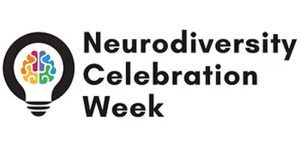
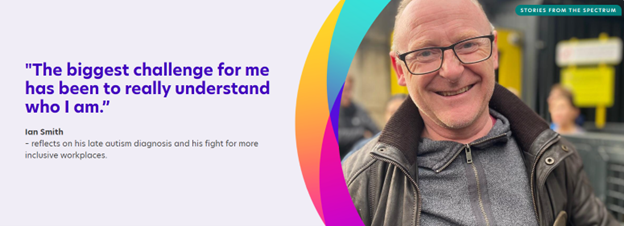
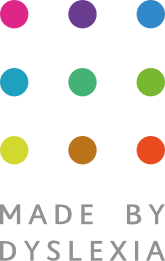

University of Bristol: Neurodiversity
